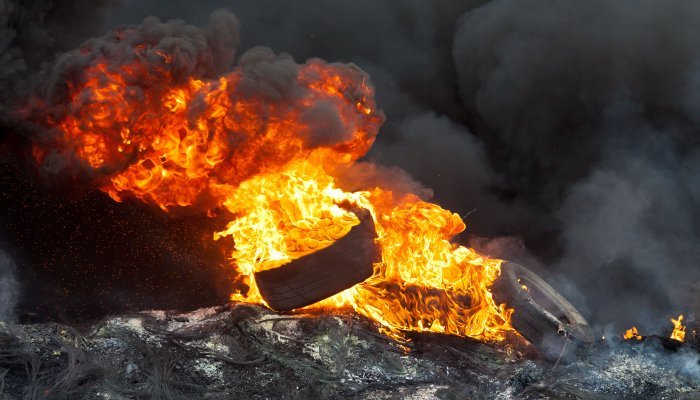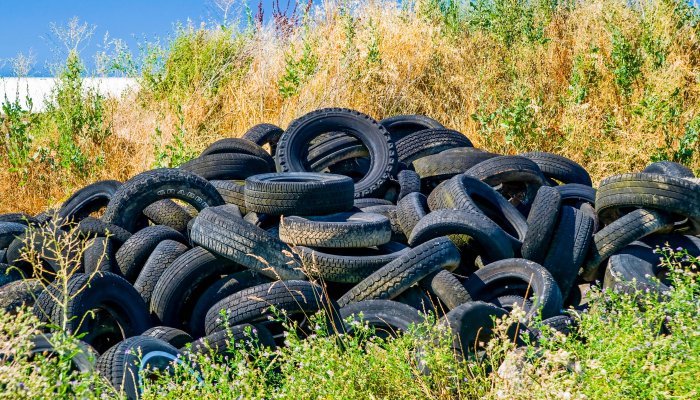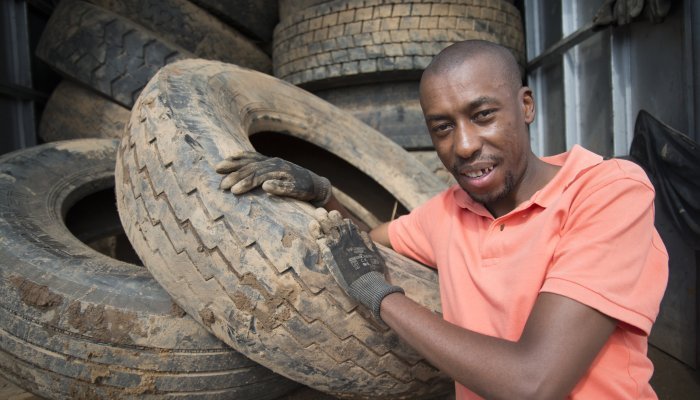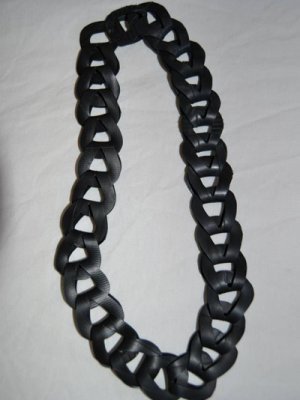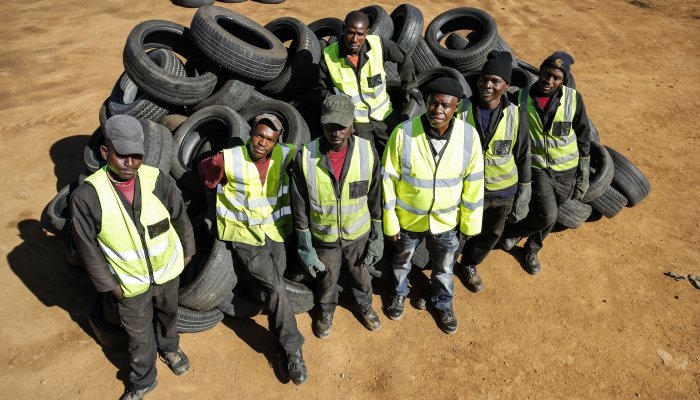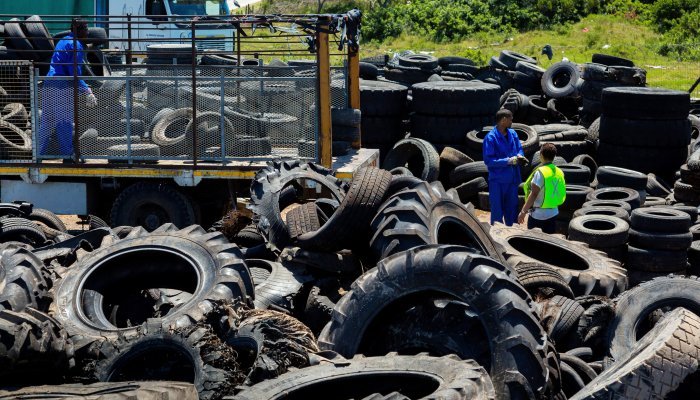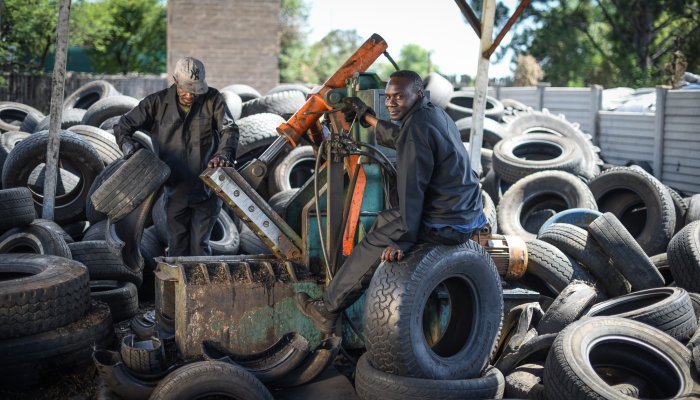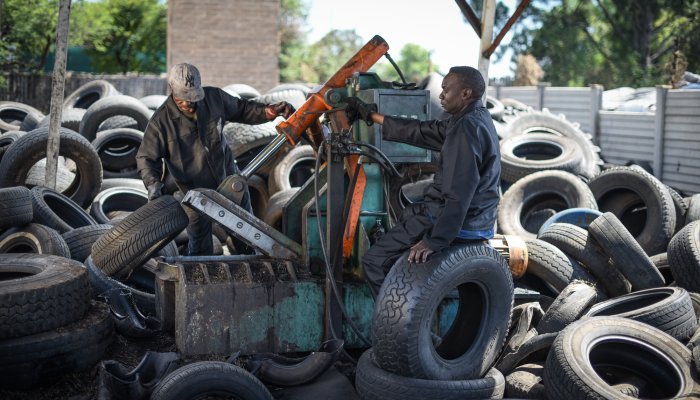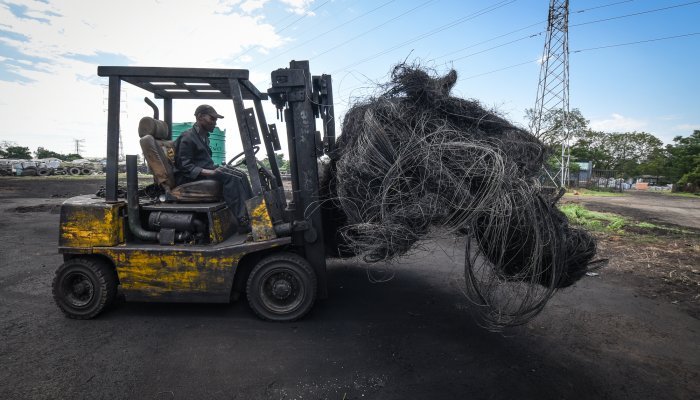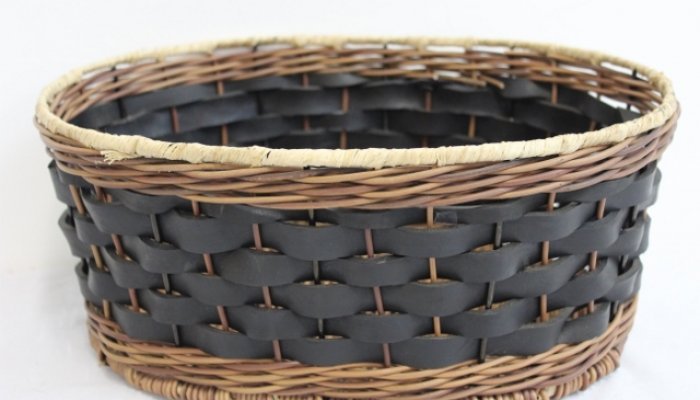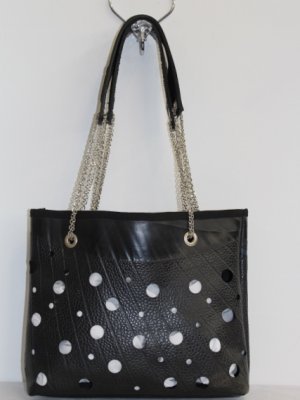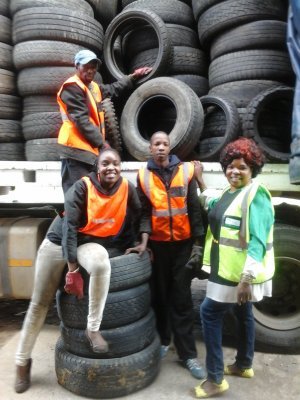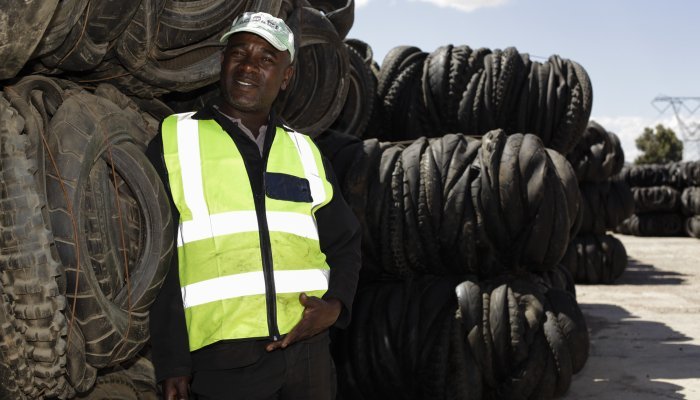According to non-profit organisation REDISA (the Recycling and Economic Development Initiative of South Africa), the local tyre industry produces more than 10-million waste tyres every year. And, notes Reuters news agency, it is estimated that between 60-million and 100-million scrap tyres are currently stockpiled in South Africa.
Formed as part of South Africa’s Integrated Industry Waste Tyre Management Plan, REDISA aims to develop a sustainable local tyre recycling industry by removing tyre waste from the environment. This will ensure that tyres do not end up in landfills or in the veld, or be burnt for the steel they contain, which in and of itself presents a number of health and environmental risks.
While REDISA is not a recycler, over the past year-and-a-half it has begun partnering with a number of small, medium and micro-sized enterprises (SMMEs), including transporter and depot operations. From a recycler perspective, Germiston-based Dawhi Rubber Recycling is one rubber crumbing business with which REDISA has been working closely. At this recycler, tyres are crumbed into different grades of granules which can then be re-used in various products and sold to different industries. Currently the main recipient of Dawhi’s crumbed product is the road construction industry, where it is used in asphalt.
Another example of collaboration is Gauteng-based Milvinetix, one of South Africa’s first fully functional pyrolysis plants. At this processor, tyres are transformed into smaller and simpler compounds. These compounds can then be turned into various products including carbon char and oil, and can also be used to generate electricity. Currently Milvinetix supplies its products to an organisation that further purifies the oil and sells it into the market. In addition, carbon char is supplied to interested parties who, in turn, re-process and refine the product, which again is sold off to the market.
According to the REDISA website, to January 2015, 1 705 jobs had been created as a result of its efforts, 39 243 tons of tyre waste had been processed and 77 614 tons were collected thanks to the efforts of 1 648 dealers. As at end-December 2014 REDISA was working with 173 SMMEs, collecting tyres across the country.
As part of their drive to ‘turn waste to worth’, REDISA’s efforts highlight the fact that most businesses do not consider the waste that comes from their products or operations as their problem; and very few factor the cost of recovering and recycling this waste into their cost of manufacturing. The REDISA model requires tyre manufacturers and importers to take responsibility for their waste without losing sight of their core business. In the process jobs are created, SMMEs are developed and supported by the REDISA Plan, and the environmental disaster that waste tyres represent is being economically and effectively addressed.
As Gear notes: “Any well-run agency aiding SMMEs in this field is surely welcome in South Africa.”


